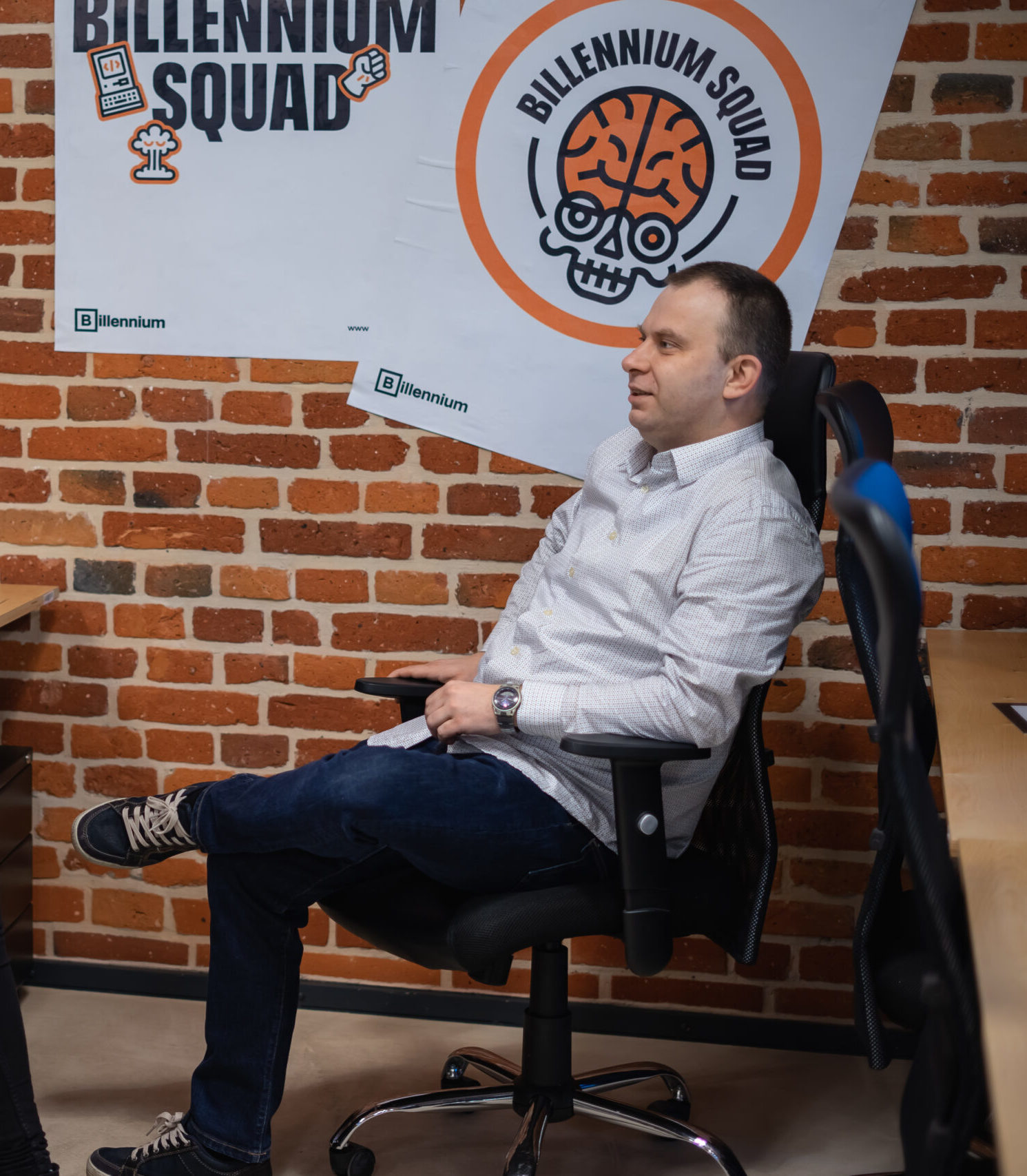Ten years ago, a conference like this would have centred on technical skills, benchmarks, measurable metrics, or the hurdles of securing startup funding. Today, discussions at Impact 2024 – a pivotal event renowned for highlighting the most impactful changes across various sectors, focused on the deteriorating quality of relationships, the global epidemic of loneliness, and the mental health crisis affecting young adults – a clear sign of changing times, notes a moderator, Anna Gromada.
Distinguished experts from the realms of media, science, technology, humanities, and business gathered in Poznań to discuss why loneliness is so prevalent in today’s world and how modern technology contributes to this trend. Here is a summary of some central themes that emerged.
Disengaged Teams
In a session titled: “The Future of Connection: Vision for Relationships, Business and Tech”, it was noted that two out of three start-ups fail due to strained relationships between their co-founders. This points to a broader trend where the quality of interpersonal dynamics directly impacts organizational success. Poor relational intelligence and the inability to manage the social aspects of team relationships directly contribute to project failures, and no vision, mission or incentive can offset the harmful effects of toxic connections, says Anna Gromada.
According to all four panellists, authenticity and vulnerability are key factors in building trust and engagement in the workplace. Being true to oneself and fostering an environment where team members feel safe to express themselves were emphasized as crucial for meeting the challenges of today’s leadership.
Citing the LHH Team Model research, Marta Życińska from Mastercard, highlighted that 70% of global teams are considered dysfunctional, with leaders failing short to promote a sense of purpose, psychological safety and belonging among team members. According to a corresponding Gallup study, Poland ranks at the lowest end of this spectrum. This underscores how our persistent focus on KPIs, quantifiable goals, and financial outcomes has led us to neglect the interpersonal aspects of business. Dorota Żurkowska from Warner Bros Discovery echoes this sentiment, emphasizing that achieving project goals, meeting KPIs, or effectively managing data cannot ensure efficiency without full team engagement. She highlights the importance of being present, listening attentively, and genuinely understanding others’ needs and preferences.
In a persuasive speech opening another session, Kamila Kalińczak from AE argued that we are losing our ability to communicate not only as a society but as a human species. The ubiquity of curated images, pictorial writing, textese, Instagram, and email creates a world where everyone wants to speak, but no one is prepared to listen. And listening is not just what happens to the person who listens. The openness and curiosity of the listener also shape the speaker, fostering mutual understanding and vulnerability, which are essential for creating and nurturing meaningful connections.
Pseudo-Connections
According to the prominent relationship expert Esther Perel, a leading speaker at this year’s Impact event, our increasing dependence on technology is already visibly altering human behavior, with hyperconnectivity concealing a pervasive sense of loneliness. In her keynote speech in Poznań, Perel recounted a story about a programmer who created an AI bot named AIEster to seek advice after enduring a relationship breakup. Following guidance from this self-made therapist, the programmer woke up with the most clarity he had ever had. By telling this story in a light-hearted manner, Perel drew attention to an even bigger issue confronting technologically developed societies, arguing convincingly that a modern men’s desire to eliminate inconveniences and strive for perfection is leaving us ill-prepared for life’s messiness, ambiguity, and complex dilemmas that lack clear-cut solutions or binary answers that machine algorithms provide.
One of the dangers of AI-powered communication is that it alters our expectations of human interactions. In reality, no one is constantly available or able to maintain a consistent level of patience or neutrality. Perel also notes that we are slowly growing accustomed to giving and receiving superficial attention shared with our screens, mistakenly believing that it is enough. These pseudo-connections rob us of genuine relationships, fostering alienation and contributing to increased anxiety and isolation, especially pronounced among members of Generation Z.
Summary
The discussion at the Impact 2024 conference underscored the importance of balancing the digital and the human side of communication. Helping children and young adults reclaim social skills and meaningful relationships, while leveraging the possibilities and innovations associated with modern technology, remains one of the most pressing challenges of the contemporary world. While advancements in AI and digital communication provide us with increasingly better solutions, the success of any organization is inseparably linked to the quality of relationships among its members. As we navigate the exciting landscape of AI, let us not lose sight of what makes us inherently human.















